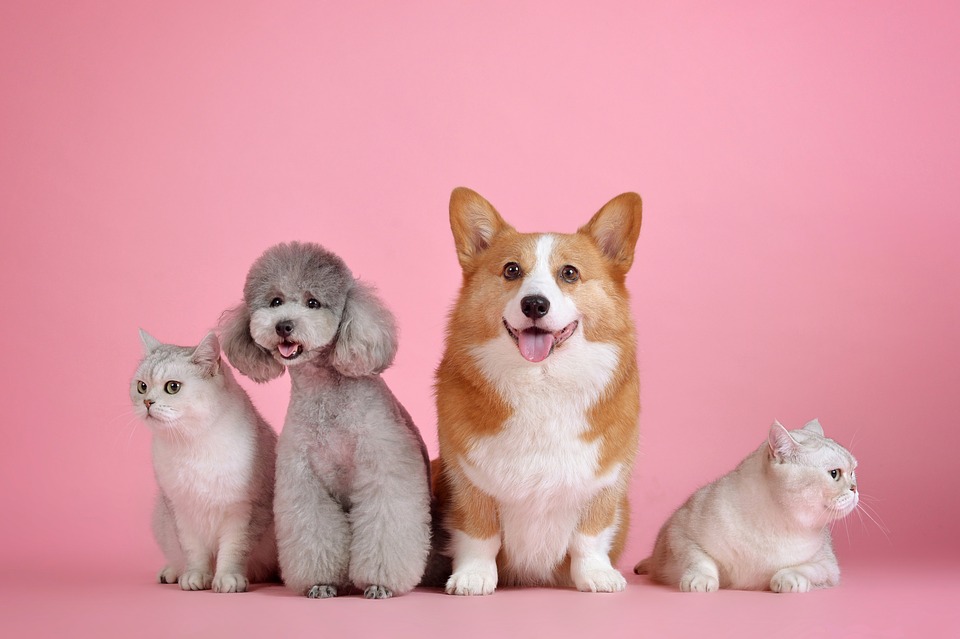People tend to talk about their pets like they’re humans: 90 percent of Brits describe their animal companion as “part of the family”. But from a legal perspective, that’s simply untrue. Unlike real family members - unlike any human in fact - pets are considered items of property, which means they can be legally owned and their owner can do pretty much whatever they wish with them.
Of course there are some rules when it comes to pet ownership. In the UK, the Animal Welfare Act (2007) prohibits outright cruelty and mandates that pet owners meet the animal’s basic needs. But that still leaves pet owners with an amount of control over their animal that would be unthinkable if they were human. Your Great Auntie Ethel or cousin Barry can’t be confined to the house against their wishes, put down, or sold to the neighbour, no matter how many times they pee on the carpet.
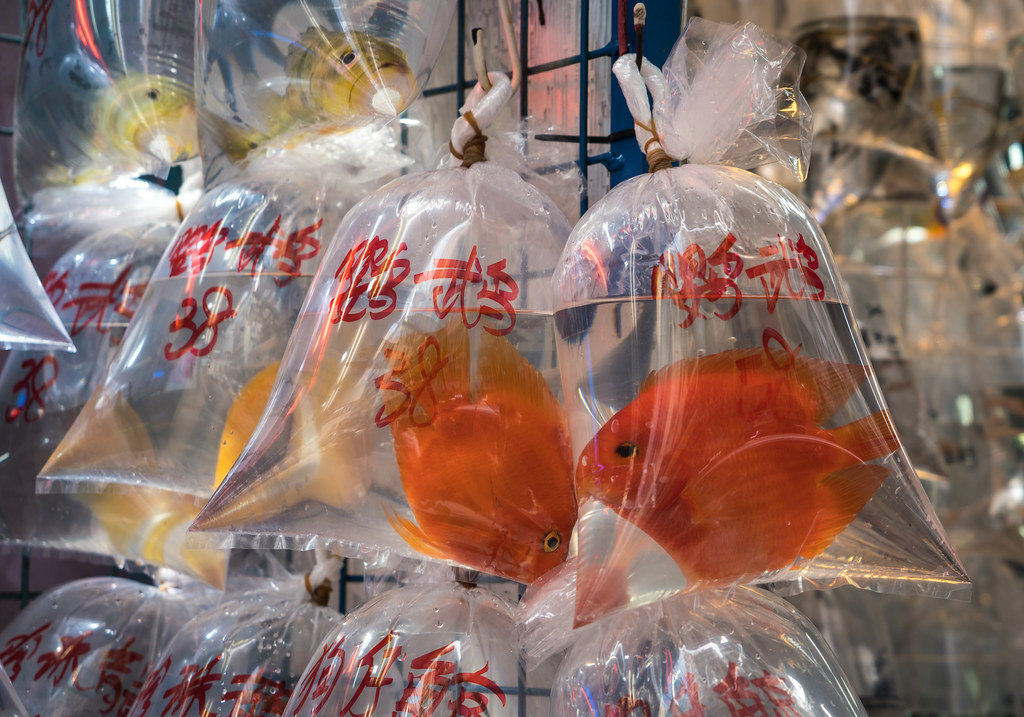
But don’t most pets have a great life?
There is little doubt that many people really love their pets. And it’s certainly true that many house animals seem to be perfectly content with their lot in life. So it’s kinda easy to conclude that pets like being pets, and therefore it’s no biggie if they’re technically our property.
But some animal rights organisations say that’s bull, because making a living creature into a possession is always immoral and pets are always less happy than they would be if they were free. The biggest such organisation, PETA, shouts about our “selfish desire to possess animals”, saying it causes “immeasurable suffering” and even well-loved pets are “restricted to human homes, where they must obey commands and can only eat, drink, and even urinate when humans allow them to.”
PETA’s opinion is in the minority here - only 7 percent of British people agree it’s morally unacceptable to keep animals as pets. But that could change. After all, if you go back a couple of hundred years many people would also have said it was totes fine to own human beings as slaves.
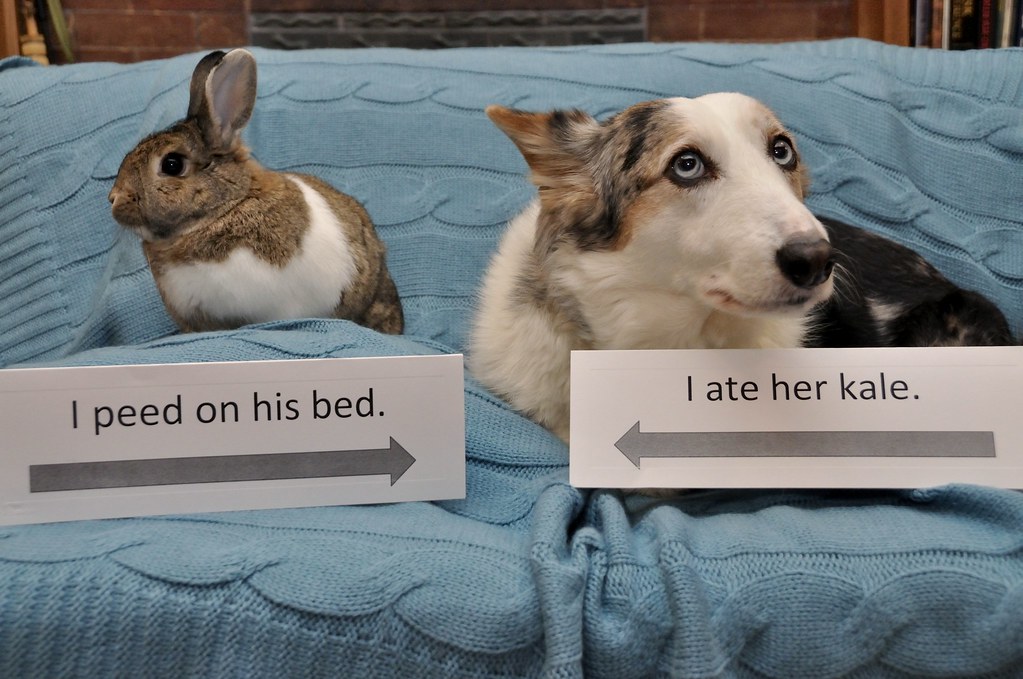
So could people’s pets suddenly be taken away from them?
It’s pretty unlikely. Like we said above, almost everybody still supports people having the right to own pets as items of property. But it’s not impossible. People could turn against pet ownership. (And indeed, pet numbers are starting to decline in both Britain and the rest of the rich world.)
But pet-keeping is hardly a fad: humans have domesticated dogs for thousands of years. And while the numbers of pet owners might be declining, they’ve started from a high place: just under half of UK adults own a pet.
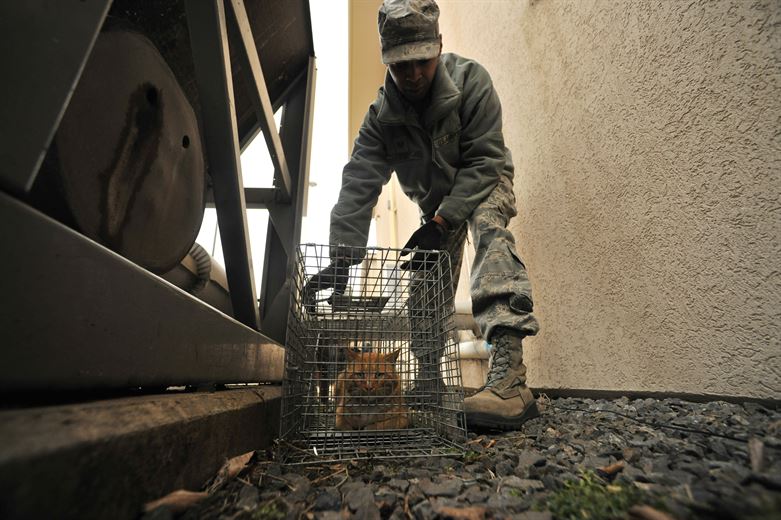
A sudden ban on pets would be expensive. Who would pay?
If pets were banned tomorrow, what would happen to all the dogs and cats and guinea pigs currently chilling in people’s homes? Animals that can no longer be confined or controlled would pose a risk to human beings so former pets would have to be rounded up and taken away somewhere.
That’d cost a bunch of money, which would probably have to be footed by the government. And the bill could rise even higher if the government had to pay compensation to former pet owners, as an apology for confiscating their property off them.
That’s quite likely to happen. For one, the UK has strong property right laws, and doesn’t want to be seen as the sort of feckless place where anything you own could suddenly be seized, because that would scare off foreign money and piss off local voters. For two, the UK set a precedent of doing this when it paid compensation to slave owners after it abolished slavery in 1833.
Any payout would be big - there are 20 million cats and dogs alone in the UK. Whenever the government has to spend a lot of money on something, it has three options with which to fund it: raise taxes, take out debt or cut public spending elsewhere. Higher taxes are usually unpopular. Taking out government debt is currently seen by most mainstream economists and conservative politicians as damaging to long-term prosperity. And public spending cuts can cause real suffering for many people.

The end of pets means the end of the pet economy
In the UK, the average owner now spends around £95 a month on their pet. In total, spending on pets is estimated to add something like £2-8 billion to the UK economy (different sources cite different amounts).
When lots of money is being spent on something, businesses and jobs related to it grow and flourish. Most UK governments, including the current one, are big fans of this sort of business/job growth, not least because it funds government budgets (salaries and business revenue is taxed) and reduces the amount of money they need to spend supporting the unemployed.
So if we got rid of pets, thousands of pet businesses and pet jobs would disappear. Of course, how disrupted the lives and finances of people working in the pet industry would be would depend both on how quickly a pet ban was phased in and how easy it was for them to switch industries. But there would almost certainly be a lot of people who would end up either unemployed or taking large salary cuts and demotions because their previous experience is too specialist to be as valuable to other industries.
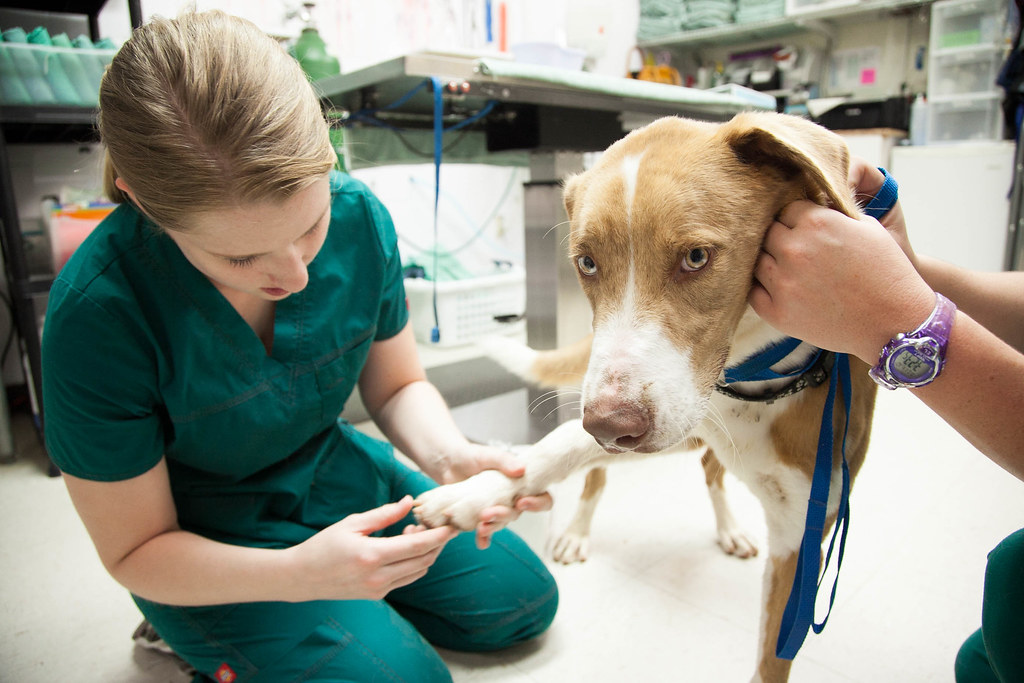
A pet ban might also slow down the economy as a whole
Although it’s not written in stone that a bunch of shop and job losses will slow down the economy it usually does, at least in the short term. That’s partly because, as mentioned above, many workers and businesses find it hard to instantly switch to something that is just as productive or profitable. But it’s also to do with what motivates people to spend or save their money.
Let’s say that post-pet-ban all those former owners who used to spend £95 on their pet each month took that money and spent it on ice cream instead. Lots of ice cream businesses and jobs would spring up to cater for all this new demand, offsetting the loss of the pet businesses and jobs. The economy would end up looking much the same.
But that’s not how the spending habits of most real-life people work. People are more willing to spend money on some things that others, and there’s evidence that people are more willing to spend money on their pets than most other things. 42 percent of owners said they buy stuff for their pets even when they’re struggling to make ends meet.
The implication is that if they weren’t spending that money on their pets, plenty of pet owners would not spend the money at all. And while stashing their cash in the bank might be good for their own personal finances, if enough people do it it’ll slow down the economy - because businesses can only make money and hire staff if they’re getting enough custom. (FWIW, this need for constant consumerism to keep our economies growing is often heavily criticised.)

Speaking of job losses: there’d be a mass sacking of working animals
Many pet owners get animals specifically to do jobs that are important and sometimes life-saving. Losing a working animal causes owners additional problems to the usual emotional loss. A blind person who gives up their seeing eye dog may struggle to travel, work or even leave the house.
PETA’s solution is for people who currently use working animals to rely on human helpmates instead. But the UK already has a huge care worker shortage - it’s predicted to be 350,000 care workers short by 2028 - and no sign of being able to close the gap.
More human workers could be probably be found by dramatically improving wages and conditions for this type of work. But someone would have to foot the bill for these improvements - either the people using the service or perhaps the state, who would probably then pass the cost onto Brits through raising taxes and/or cutting other areas of public spending.
Similar clashes between human and animal welfare would come up wherever working animal are found. In poorer countries, people’s entire livelihood may rely on their ‘pet’ donkey or sheepdog. Dogs can detect deadly explosives in public areas with much more accuracy than any technology yet invented, and therefore the use of them saves peoples lives.
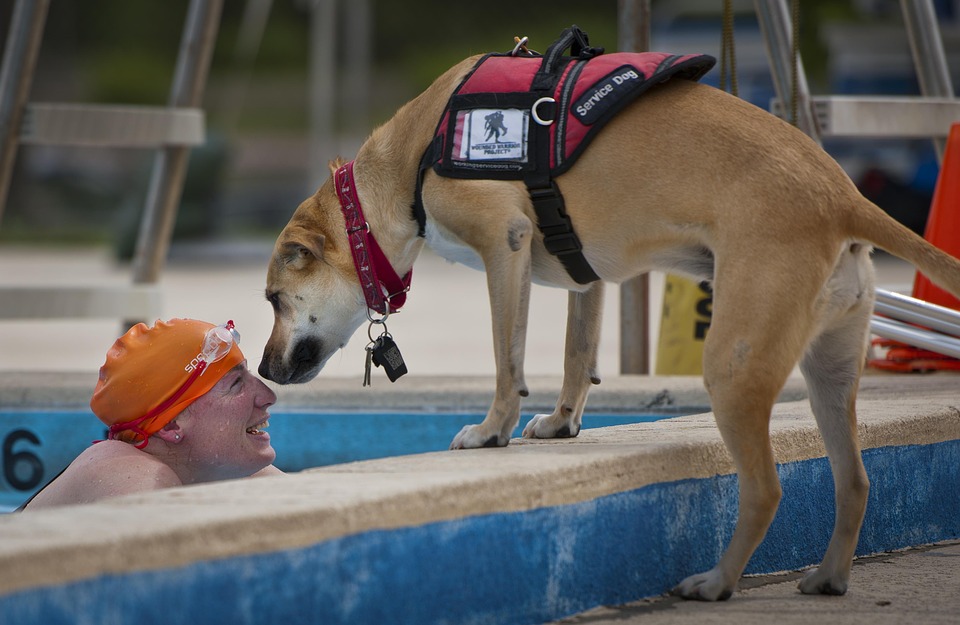
And while we’re on the benefits of pets to humans...
It’s not just working animals that have been touted as a way to drastically improve human health, happiness and productivity. Several workplaces have started allowing people to bring in their pets because research indicates that having animals around makes us happier and less stressed… which in turns makes us do more work. Dogs have been used to help humans recover from severe anxiety or trauma. And pet ownership generally has been linked to improving human health.
Healthier humans is generally seen as good not just for individuals, but for societies and economies as a whole. A healthy population works more, requires less healthcare spending, and is more creative and innovative.

Even if we thought pets didn’t like being pets, we’d probably still keep them
At the end of the day, many, many people fundamentally think that the wants and needs of humans are more important than those of animals. There is already a great deal of scientific research that suggests animals have emotions and can feel pain and suffering. But almost all humans still eat meat, use animal products and support animal testing.
And while some of our speciesism can be seen as pretty trivial (“bacon tastes soooo good”) much of it is rooted in complex moral reasoning that's hard to argue against (“without animal products, many poorer people would struggle to feed themselves”, “medical testing on animals has created drugs that have saved children’s lives”).
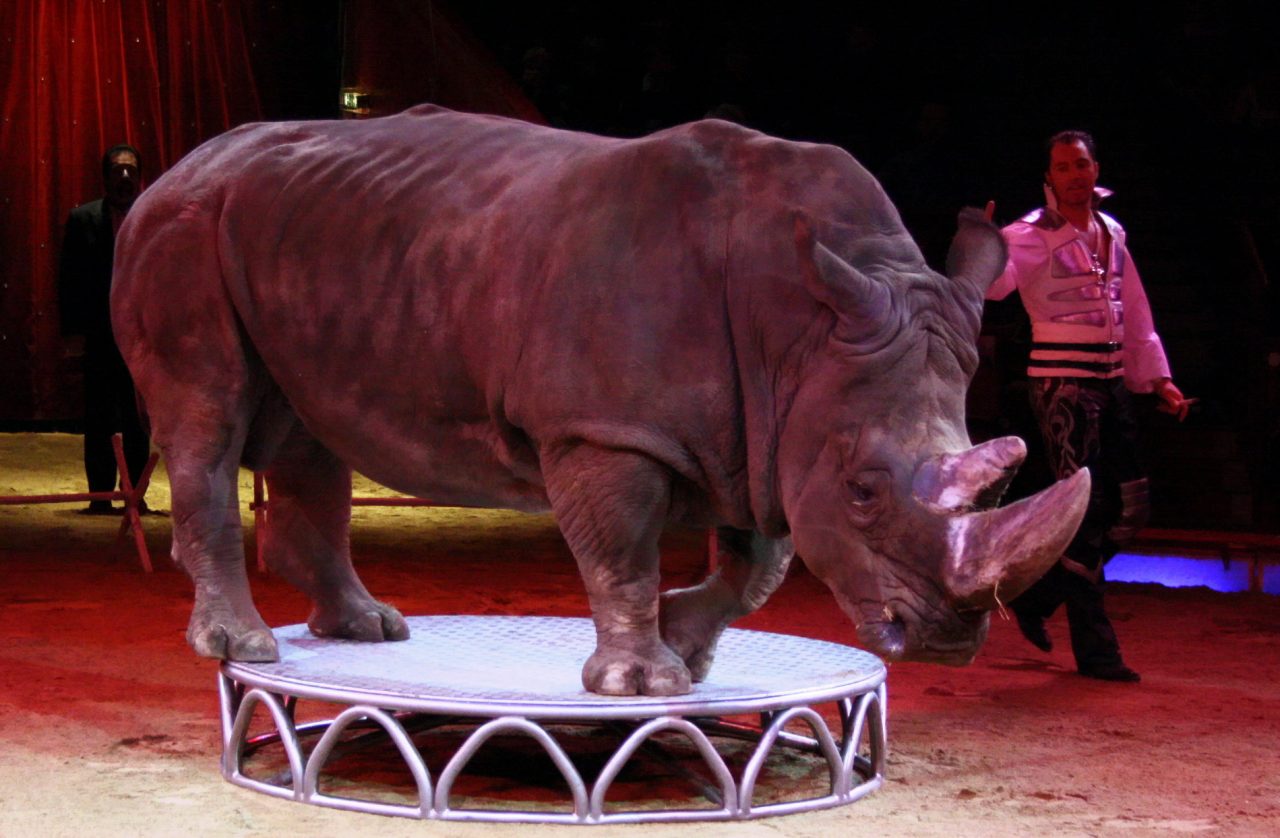
So any shift in animals' property status is likely to be slow
The world does seem to be moving towards a kinder way of treating animals. Almost everybody is against outright animal cruelty; fully 93 percent of Brits would like to see the prison sentence for it raised to five years. UK circuses will be banned from keeping exotic animals by 2020. And the number of Brits who are vegetarian has doubled in the last 40 years, to about 6 percent of the population.
If these trends towards better animals welfare continues (which of course they might not), more pets will be treated better. But as long as people continue to want pets, and believe that their animal is happy being a pet, concern for animal welfare will not translate into support for pet emancipation.





